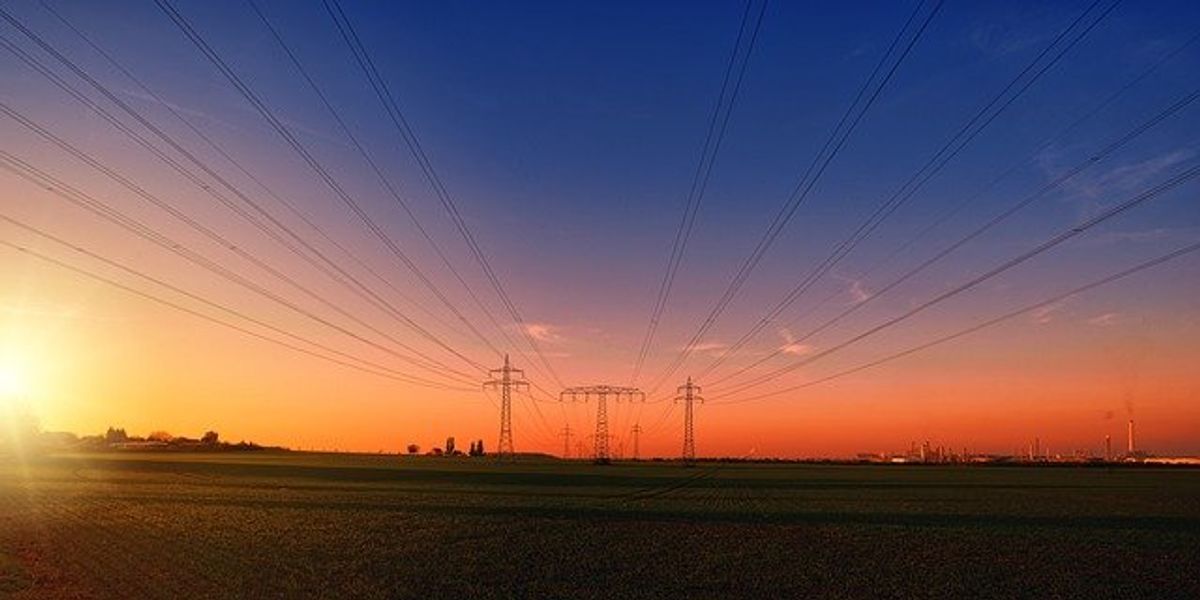
Florida's farmworkers face a new challenge as state bans heat protections
Florida's Senate has passed a bill prohibiting local jurisdictions from enacting measures to protect workers from heat exposure, a decision that could endanger the lives of farmworkers across the state.
Grey Moran reports for Civil Eats.
In short:
- Florida's new legislation bans local protections for farmworkers against heat, including access to water, shade, and breaks.
- The Fair Food Program (FFP) offers a beacon of hope with its strong, legally binding heat protocols, expanding to protect workers in 25 states.
- Despite federal inaction, the FFP's success showcases a model for worker-driven social responsibility, gaining traction in various industries.
Key quote:
"We as workers can't afford to wait for the Florida legislature to find its conscience."
— Gerardo Reyes Chavez, former farmworker and organizer with the Coalition of Immokalee Workers
Why this matters:
Several states are considering legislation that would exempt agricultural employers from new regulations designed to protect farmworkers from extreme heat. This pushback comes at a time when climate change is making heatwaves more frequent and severe, posing increased risks to those working in the fields.
LISTEN: Nayamin Martinez on organizing for farmworker justice.














